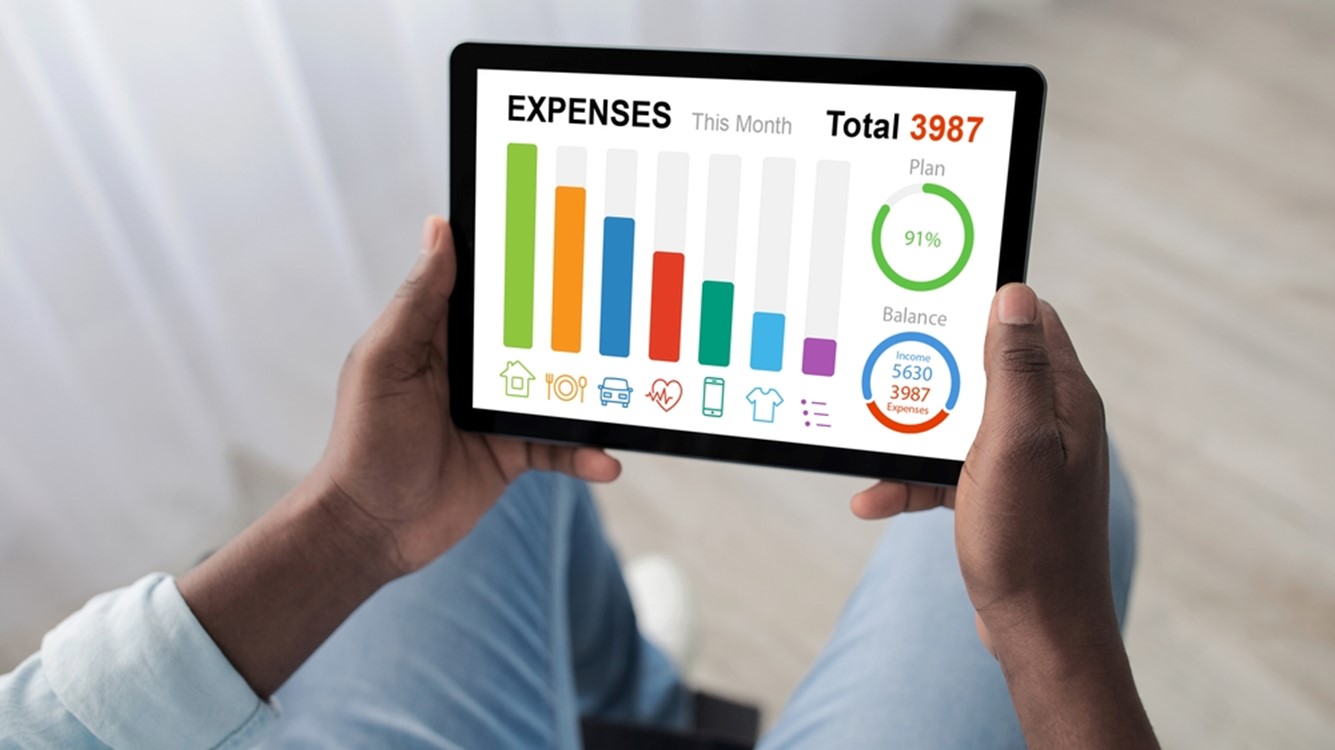Stocks dragged down household assets in Q3
The drop in the value of financial assets and rise in equity held in homes narrowed wealth inequalities.

December 12, 2023
Household net worth fell $1.3 trillion in the third quarter 2023 after surging to a record $152.3 trillion in the second quarter. A 3.6% correction in the S&P 500 was the primary reason for the decline; corporate equities dropped by $1 trillion.
The other key component of net worth, the homes that households own, jumped by nearly $500 billion to a record $45.5 trillion. Those gains blunted the drag from stock ownership and the poor performance of equity markets over the summer. Home values are appreciating again after a brief setback earlier in the year. Acute supply shortages have buoyed home values even as demand waned in response to higher mortgage rates. Few homeowners with a low existing mortgage rates are willing to list their homes and pay the costs of trading up. The few homes that were listed received multiple bids and often sold above the asking prices.
The drop in the value of financial assets and rise in equity held in homes narrowed wealth inequalities across income strata, at least temporarily. The equity in one's home represents the largest asset for most households.
The rebound in equity values in November and early December likely reversed those shifts again. It is harder for homeowners to extract their equity than holders of financial assets. Homeowners don't realize the equity they have in their homes until they sell or borrow against it, which is now much harder to do because of tighter lending conditions.
Debt burdens for both households and corporations expanded at the slowest paces since 2020. For businesses in particular, notwithstanding the COVID drop when extenuating circumstances froze the economy and portions of the debt market, the level of debt financing slipped to the lowest since 2011. Debt service costs are at a record low, according to third quarter profit figures. Much like households, firms aggressively locked into ultralow rates in 2021 and early 2022.
Household debt service ratios remain low by historical standards. Outside of the lows of 2020 and 2021, debt service ratios are effectively at their lowest levels on record; the series dates back to 1980. A combination of COVID-era stimulus, the savings amassed when consumers couldn't spend and the surge in mortgage refinancing that occurred when mortgage rates plummeted all helped consumers shore up their balance sheets. Those shifts effectively blunted the effects of rising rates and enabled consumer spending to accelerate over the summer.
In the second quarter, the household debt service ratio (DSR) stood at 9.8, which contrasts with a record high 13.2 in Q4 2007. The DSR is the ratio of debt payments to disposable personal income. It indicates how well households' cash flows covers their debts. The lower the ratio, the better. In the mid-2000s, consumers became so overleveraged during the housing frenzy that the only recourse was for the bubble to pop. That third quarter data will be released several weeks from now.
Moreover, the resumption of student loan payments, which some borrowers started to pay as early as August, is not the cliff event that some feared. Although a recession in 2024 is not our base case, should a downturn occur, households are in better shape to come out on the other side of an economic contraction with less scarring than after the global financial crisis.
Households are better positioned to weather whatever the economy has in store for us in 2024.
Ken Kim, KPMG Senior Economist
Bottom Line
Barring a new financial crisis, households are better positioned to weather whatever the economy has in store for us in 2024 - scenarios encompass a wide range from a soft landing (our base case) to an immaculate disinflation to a mild recession. Leaner corporate borrowings are good news but not all businesses will handle slowing or contracting revenue growth and the resulting crimp in cash flow as well as their more nimble peers.
Explore more

Lower energy prices not enough to tame the service sector
Rents and homeowners' equivalent rent both advanced 0.5% during the month.

KPMG Economics
A source for unbiased economic intelligence to help improve strategic decision-making.

The Fed’s final round… Special biannual report
The economy will slow into the first half of 2024.
Meet our team

Subscribe to insights from KPMG Economics
KPMG Economics distributes a wide selection of insight and analysis to help businesses make informed decisions.
